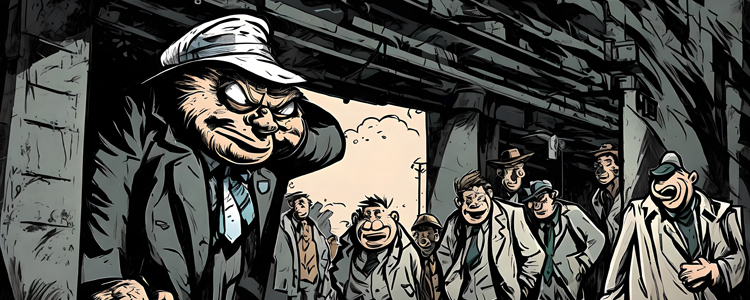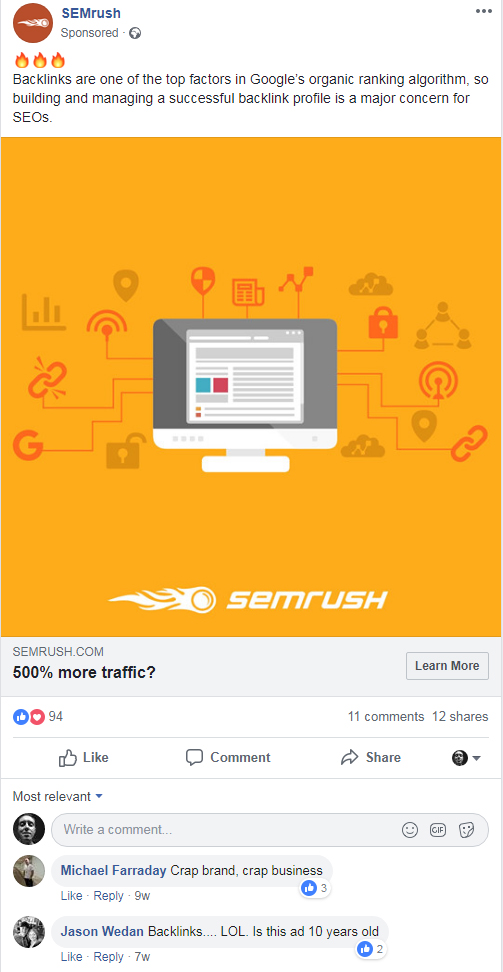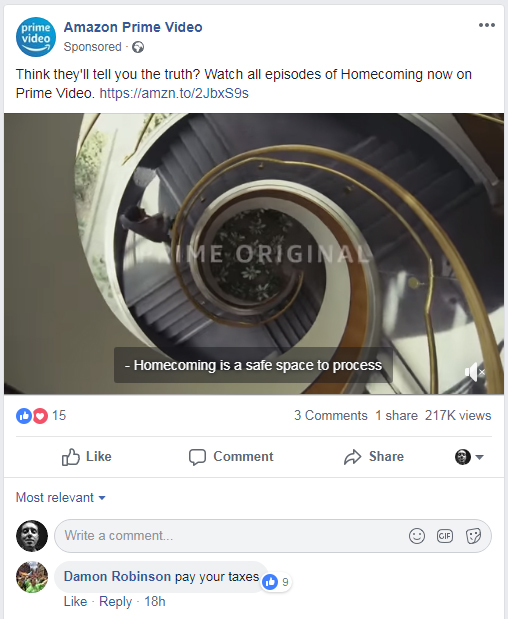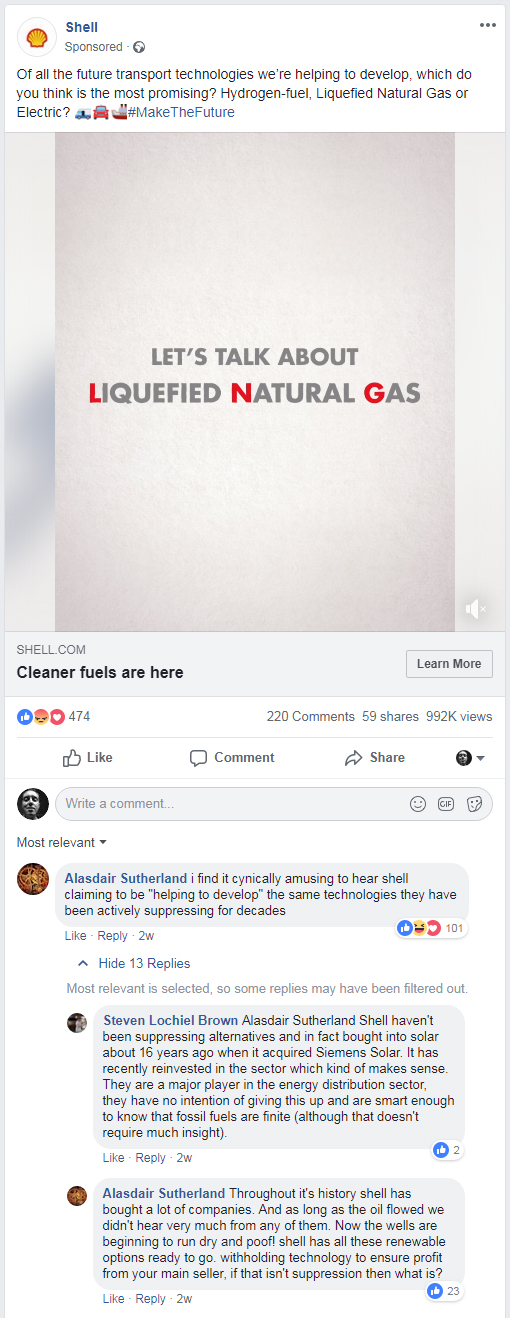Trolls no longer hide under bridges waiting for a victim. In the age of digital ads, it’s more like they’re wandering through the virtual city defacing billboards and signage.
Social media is something of a spectator sport where detractive, embarrassing or untrue words published on posts can be quite devastating. 🗯️🥴
But, if you’ve turned a social media business post from one that would normally achieve modest organic reach into a paid ad distributed far and wide, get ready. 😆
You might attract idiots who want to shout obscenities into the proverbial megaphone you have paid for. Yep! 🤪📣
Of course, trolls vary in severity, publishing anything from passive-aggressive remarks to outright defamation, abuse and threats. 🥹
Reasons Behind Negative Comments and Outright Attacks
The internet is young, the social rules are not clear and bloodthirsty online lynch mobs hold a view of the virtual and physical world that is grossly uncalibrated. 🧨
Nasty comments are often little more than a work of fiction by individuals looking to sow discord for their own amusement. Other comments come from sock puppet accounts or spammy agents acting on behalf of competitors. 😒🕵️
So, what other reasons might there be for troll comments on social media posts? Here’s a few ideas…
1) People Mistrusting Paid Advertising 🧐
Although some trolls are purely in it for the schadenfreude, others see themselves as rendering a useful public service by shit-stirring in full view of potential customers.
It’s as though they think paid ads are disingenuous, lazy and have only gained visibility through monetary bribes given to a social platform’s advertising system rather than by true organic merit.
2) People Generally Resenting Business 🤨
There is also that bizarre and well-known phenomenon of certain people resenting anyone having success.
I mean, it’s not a huge stretch of the imagination to say that people who generally dislike business/profit also take the view of “stay in your lane”.
3) Business Rivals Wanting to Make You Look Bad 😋
Yes, it’s true that reviews and social media comments are actually sold on the black market.
Search Facebook groups using keywords like “fake reviews” and you’ll find thousands of people selling fake reviews/comments for as little as $1 each.
4) National Politics Affecting Smaller Businesses 😬
Then there’s politics. Provocative headlines following some incident in a bar, restaurant, store etc can result in a particular cross-section of society feeling attacked, belittled or threatened.
I seem to recall a cake shop refusing to serve a customer on some political basis, attracting international attention for the wrong reasons.
This lead to angry idealogues co-ordinating their efforts to damage the business via petty online reputation mischief. Their goal was to wreak havoc with negative reviews and comments across various online platforms, including social ads.
5) They’re Actually Drunk or High 😵
This one is just a theory. Maybe running ads on Friday and Saturday night is not a good idea if there are drunks online looking to cause mischief. It does happen. It happened to me once, so I stopped running ads after 6pm on weekends!
Specific Examples of Ad Trolls on Paid Social Media Posts
Virgin Media Twitter Ad Trolls
The following Twitter status was a paid/boosted/sponsored tweet by Virgin Media.
Whether you agree or disagree with the “troll” here is beside the point. Maybe Virgin Media deserved it, but this kind of activity is a real nuisance for brands big and small.
Tell all your mates, existing customers with a V6 (paid for) can’t get a free upgrade for a V+ (2nd box) as Virgin only looking for new customers business.#VirginByNameOnly
— Dips (@Ndola19) February 27, 2018
SEMrush Facebook Ad Trolls
The boosted Facebook post below, from SEMrush, attracted negative comments from a user who simply wanted to leave a little nugget of nastiness in the comments section. Three other people “liked” his comment in a show of support, I suppose.
Amazon Prime Facebook Ad Trolls
Businesses are seen as fair game for public criticism. Sometimes it is hard to argue with that when large corporations we all love to bash (Amazon in this case) leave themselves open to attack.
Shell Facebook Ad Trolls
An oil company is an easy target, and in truth, is probably not going to see their bottom line suffer because of what someone else says in the comments section.
Public Figures and Celebrities Facebook Ad Trolls
A public figure, like a singer, actor or comedian is seen as public property and in the minds of some individuals, deserving of a bashing.
There seems to be a certain amount of relish and gusto when social media users lay into artists they don’t like.
Dealing with Trolls In Your Paid Ads
If you block a user, it doesn’t always remove the comment from the social media post. Others might still be able to see it. 👤🤔
Neither can you be seen scrapping or arguing with commenters. It would undermine your brand and the troll would have succeeded in getting a rise out of you. 🎭
If people do post outright hate and abuse, see about removing their content or blocking them as a last resort. ⛔
But, in the first instance, where the attacks are somewhat mild yet still potentially damaging, the test for the business is in how they respond.
Be Exceedingly Nice and Unusually Calm
The agitating keyboard warrior could be the one left looking stupid if his or her criticism is handled so well that the negative attacks are turned into positive defences. 😶
See it as an opportunity to answer objections for the benefit of all those users who are reading the comments but not participating publicly in the conversation. 👀
Author and speaker Jay Baer says to “hug your haters”, which, I suppose, is a riff on the phrase “kill them with kindness.” 😘
However, we should tread carefully here: it might mean people get away with hate, slander and threats because no one is challenging them over it. 🫵
Your Biggest Fans Might Defend You
One way trolls can be defeated is if your core customers or biggest fans defend you. 🫂
If your loyal audience sees a damaging comment and publicly disagrees with or dismantles it on your behalf, you get to save face as well as receiving some positive third-party public testimony. 👍
More Sock Puppet and Troll-Related Issues
🤖 How to Report Fake Negative Google Reviews
😮 Competitors Can Easily Edit Your Google and Facebook Business Listings
💣 Cream of the Crap: How Fake Reviews and Dangerous Products Rise to the Top






This article sheds light on a prevalent issue faced by businesses and public figures in the age of digital advertising – dealing with trolls and negative comments on social media. It’s disheartening to see how some individuals use online platforms to spread negativity and hate.
The suggested approach of responding to trolls with kindness and calmness is admirable. By maintaining composure, businesses and public figures have the opportunity to turn negative attacks into positive defenses, showcasing their professionalism and maturity in handling challenging situations.
Additionally, the mention of loyal customers and fans coming to the rescue is heartening. Positive third-party testimonials can provide a much-needed boost to counteract the effects of negative comments.
Overall, this article offers valuable insights on navigating the virtual landscape, reminding us that despite the presence of trolls, maintaining a positive and composed presence can lead to better outcomes for all involved. Let’s strive to make social media a platform for meaningful engagement and constructive discussions.
Many thanks, Chat GPT!